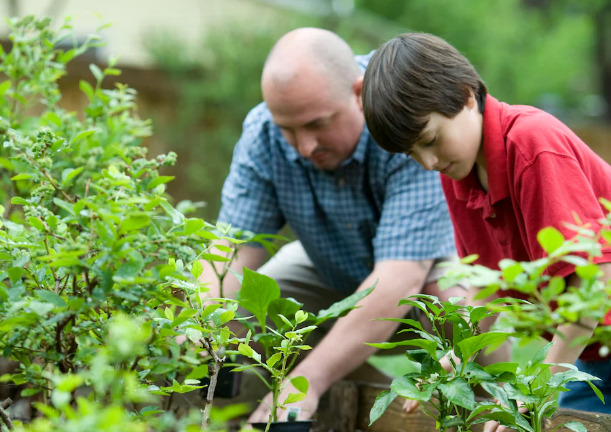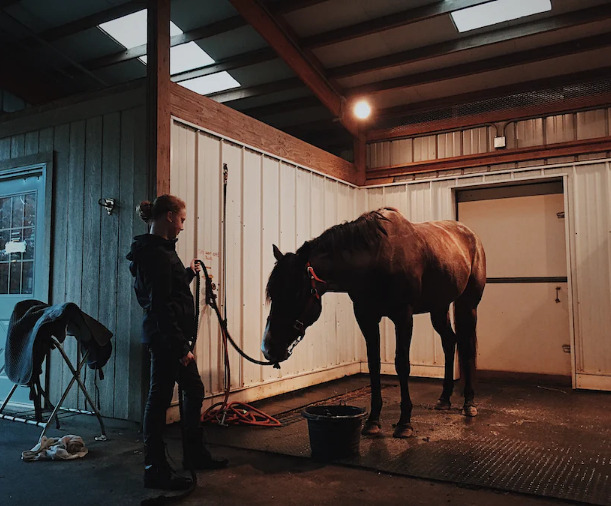Creating a safe and fun environment.
A welcoming, safe environment for youth to come, spend time and be themselves.
A welcoming, safe environment for youth to come, spend time and be themselves.
All activities will include the use of peer leaders, and pre-screened adult mentors who have experience in a given field.

Independent Living Skills:
A course that teaches important life skills for adulthood, including: budgeting, finding an apartment, choosing a career, buying a car, and much more!
Cooking & Nutrition:
A six-week course about nutrition where you make a different recipe each week.
Healthy Relationships:
A group that teaches about healthy friendships, family relationships, and romantic relationships. Subjects include: communication, abuse, choosing a partner, boundaries, decision-making, and much more!
Young Moms:
A group for young moms and pregnant teens to talk about their daily stressors, share resources, help one another, and learn about parenting.
Sensory play integrated throughout garden (i.e. music station, bean tee-pee or play house, sand box/water station and panels that encourage creative play)
Partnering with 4H Clubs, Boys and Girl Scouts and area schools.

All of RIL’s therapy programs are funded by donations. If you would like to donate instruments, music equipment, art supplies, or provide a cash contribution. Please reach out to us.
Equestrian therapy (also known as equine therapy or Equine-Assisted Therapy [EAT]) is a form of therapy that makes use of horses to help promote emotional growth. Equestrian therapy is particularly applied to patients with ADD, anxiety, autism, dementia, developmental disability, downs syndrome and other genetic syndromes, depression, trauma and brain injuries, behavior and abuse issues and other mental health disabilities.
In the process, equestrian or equine therapy aims for its patients or students to:
Equine therapeutic activities
What are the equine-related activities for therapeutic purposes? The activities are not limited to horseback riding. Many students may feel intimidated by the horse’s size and features and may take some time to develop trust when around the horse. So included in the therapy program are lessons on horse care, horse grooming, saddling and basic equestrian.
How does equine therapist suit the activity to the patient’s needs? The process or technique to be applied during the session depends on the type of disorder and its severity. But the primary techniques are:
In all equine activities, safety is the primary concern. Therapists ensure that patients or students are wearing helmets and other protective gears in case they fall from the horse during the session. Equine Therapy is available for residents of Cape May, Cumberland and Salem Counties.
*There is a co-pay for this therapy.

© 2025 Resources for Independent Living, Inc.
Website By Farotech.com